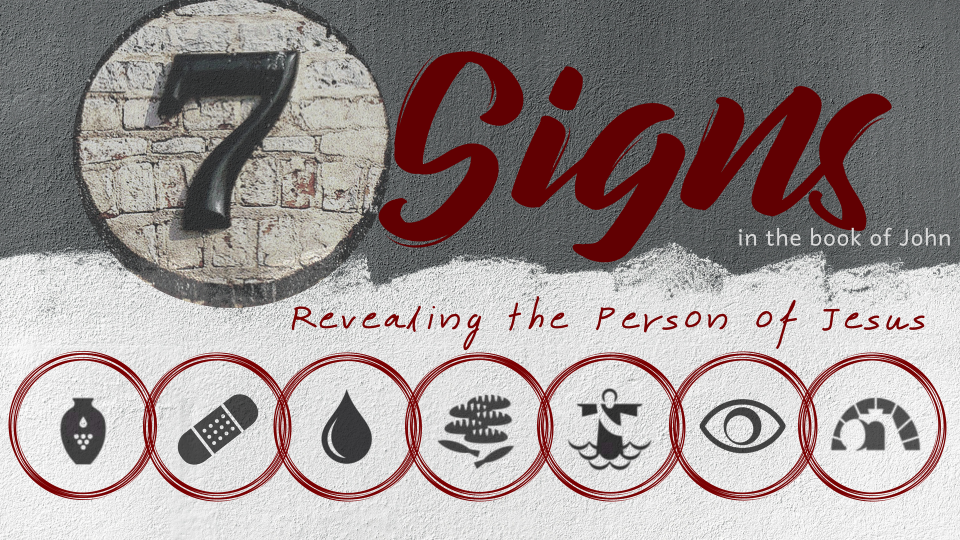
In John’s Gospel (his biography of Jesus’ life, death, and resurrection) he records 7 signs. At Oak Road Lutheran Church in Lilburn, GA, we recently had a Bible study series in our Exploring the Faith Class that studied and discussed various parables and miracles of Jesus of Nazareth. Part of that series was looking at the 7 signs recorded by John. Below are links to videos that summarize most of the information and applications from these studies. I added a video making a case for there being more than 7 signs in John’s Gospel!
The First Sign – Turning Water into Wine
The Second Sign – The Healing of the Official’s Son
The Third Sign – The Healing of a Paralyzed Man
The Fourth Sign – The Feeding of the 5,000
The Fifth Sign – Walking on Water
The Sixth Sign – Healing the Blind Man
The Seventh Sign – Raising Lazarus from the Dead












